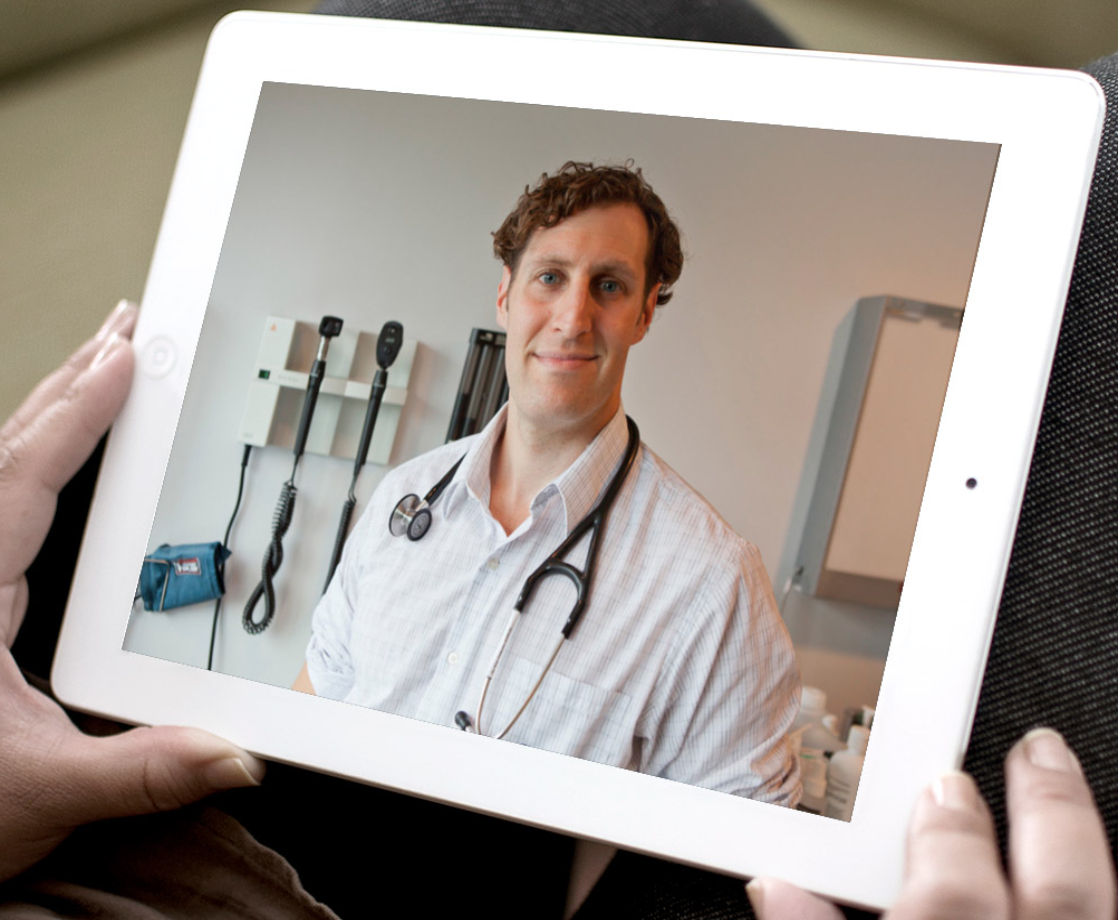As the novel coronavirus continues its rampant spread across the country, many doctors are using telemedicine to protect themselves from this dangerous pandemic.
As one of the first states to legalize adult-use and medical marijuana, Colorado is regarded as one of the pioneers of cannabis reform in the US. Despite the state’s trailblazing history, regulations in the Centennial State are putting medical marijuana practitioners at higher risk of becoming infected by the recent coronavirus outbreak.
Health officials are stressing the importance of social distancing as a means to stop the spread of this new virus, prompting many healthcare professionals to use telemedicine to minimize their contact with patients. Colorado doctors are allowed to conduct non-emergency medical visits over remote video conference calls under the state Medical Practice Act, a law that regulates the state’s healthcare industry.
In order to qualify for a medical marijuana card in Colorado, or to have an existing card extended, a patient must receive a physical examination by a licensed medical cannabis practitioner. The Colorado Department of Public Health and Environment (CDPHE) specifically prohibits physical exams for medical marijuana from being conducted via telemedicine, however. As a result, Boulder State medical pot doctors are forced to come up with novel means of minimizing physical contact.
Dr. Peter Pryor, a veteran Colorado physician who runs a medical cannabis clinic, told Westword that he’s doing consultations with patients in their cars, rather than inviting them into his office. “We started seeing patients car-side last week,” Dr. Pryor explained. “They call in — we won’t let them in the office anymore — and then I go out and see them. I physically see the patient and talk to them while they’re in the comfort of their own germy car.”
Dr. Pryor said that these car-side visits have “taken a lot of stress out” of his consultations, but he believes that telemedicine is a better option, as it would allow patients to remain safely at home. “We see quite a few immuno-compromised patients, whether they’re taking steroids for an autoimmune disorder, they have cancer, or they’re just elderly. These are the same people coronavirus wants to attack.”
The Colorado Medical Board chose to prohibit medical marijuana exams via telemedicine in 2015, due to concerns that remote visits would violate federal law, or require extensive changes to state health regulations. But, even though they face the same challenges, California, Connecticut, Maine, Nevada, New York, Pennsylvania, and Rhode Island all allow doctors to conduct first-time medical marijuana visits via telemedicine. Seventeen other states and Washington DC also allow doctors to conduct follow-up medical marijuana visits via telemedicine platforms.
In light of the growing spread of coronavirus, Cannabis Clinicians Colorado, an advocacy group for Boulder State medical marijuana practitioners, wrote a letter to the state health department demanding change. “Even though our patients use cannabis to treat often serious debilitating and disabling medical conditions and symptoms, it remains a fact that medical marijuana evaluations are non-emergency medical visits,” the letter reads, according to Westword.
“There are currently 81,893 cannabis patients registered with CDPHE,” the letter continues. “All of them need to renew each year. Why risk exposing them and the medical professionals who care for them to COVID-19 by requiring an in-person visit for a non-emergency?”
The CDPHE is reportedly reviewing this request, but explains that the policy is unlikely to change unless Governor Jared Polis specifically enacts an executive order to address the issue. A spokesperson from Polis’ administration said that they are considering all possible options for containing this pandemic, but did not specifically address the issue of telemedicine and medical marijuana patients.











